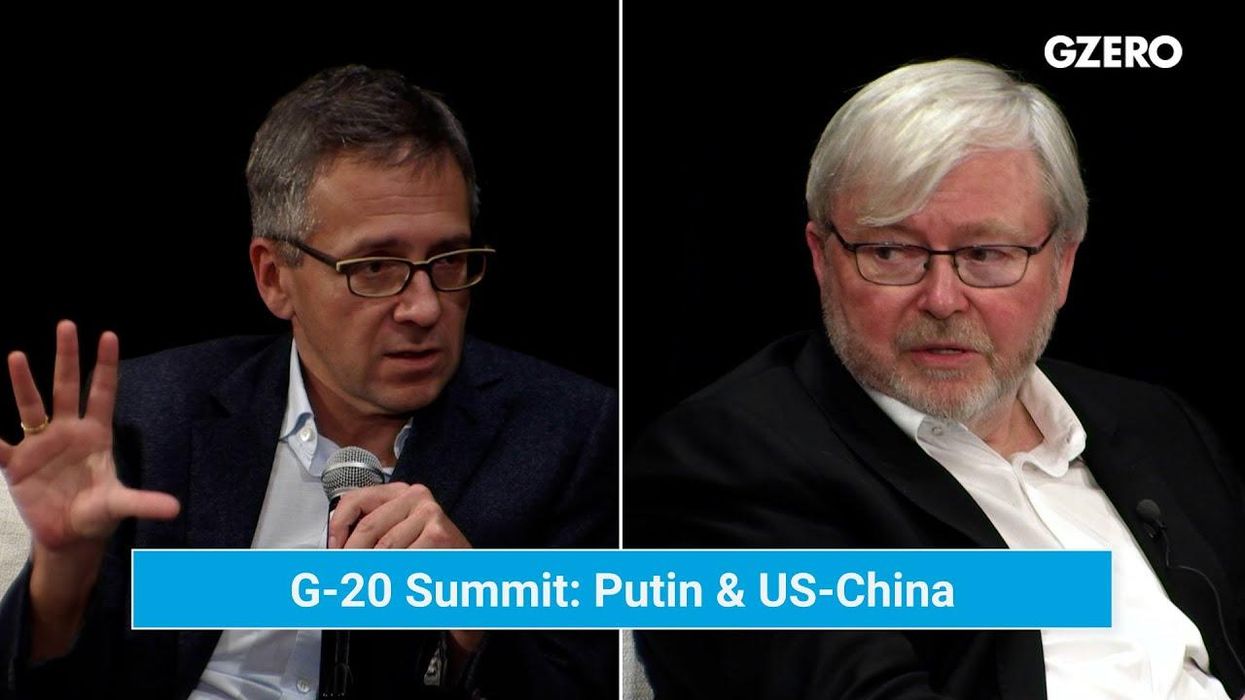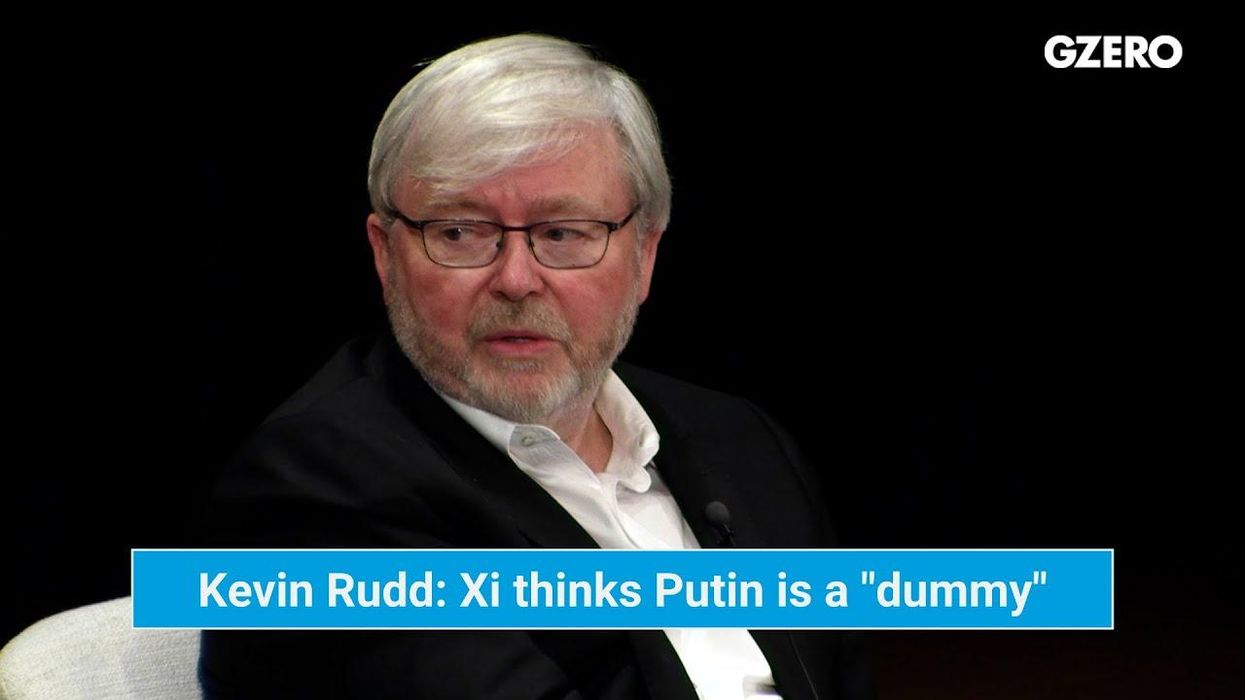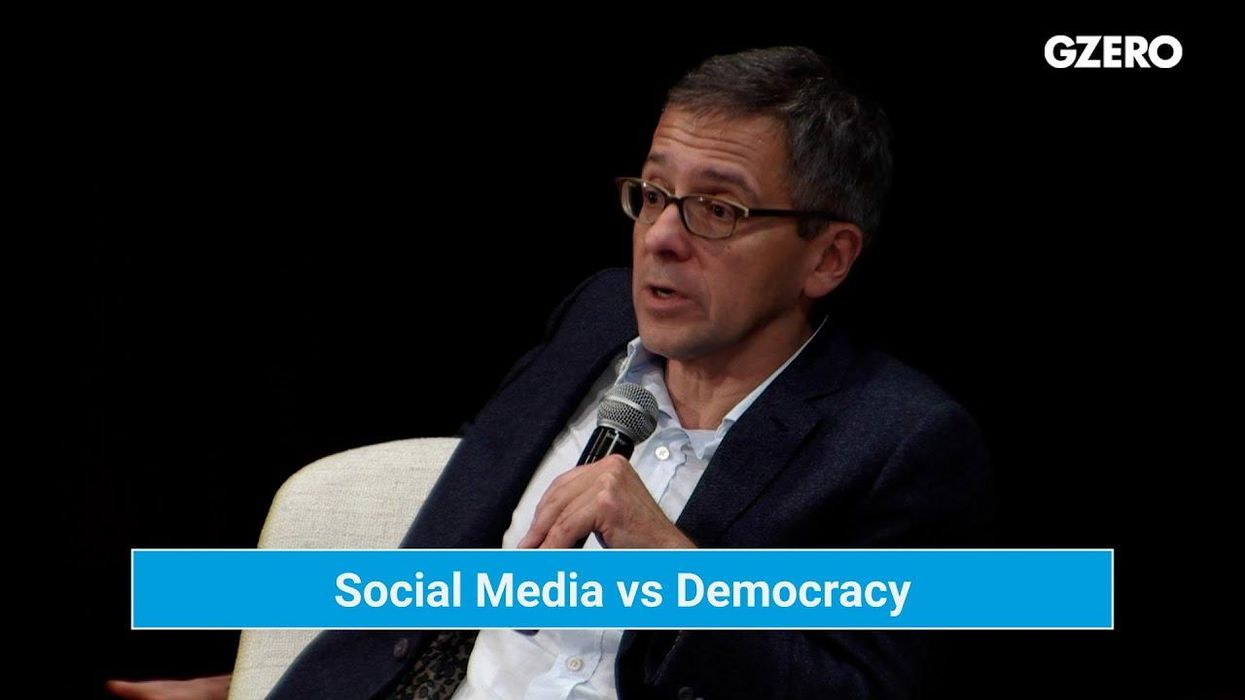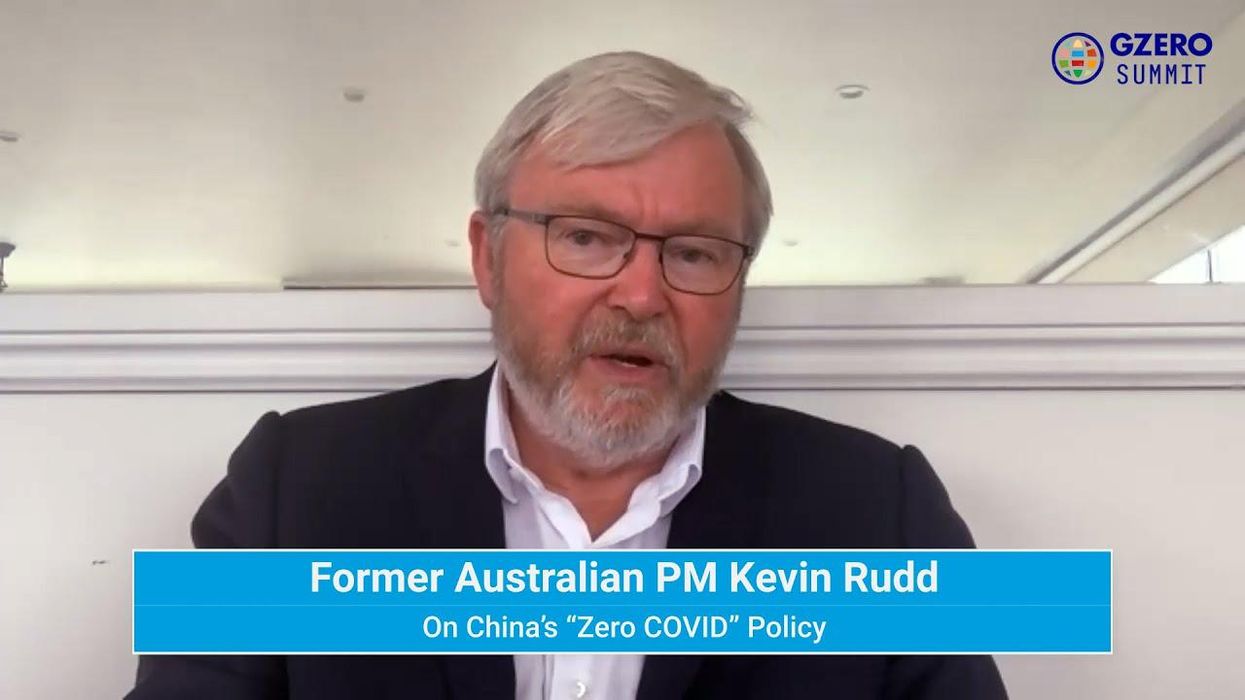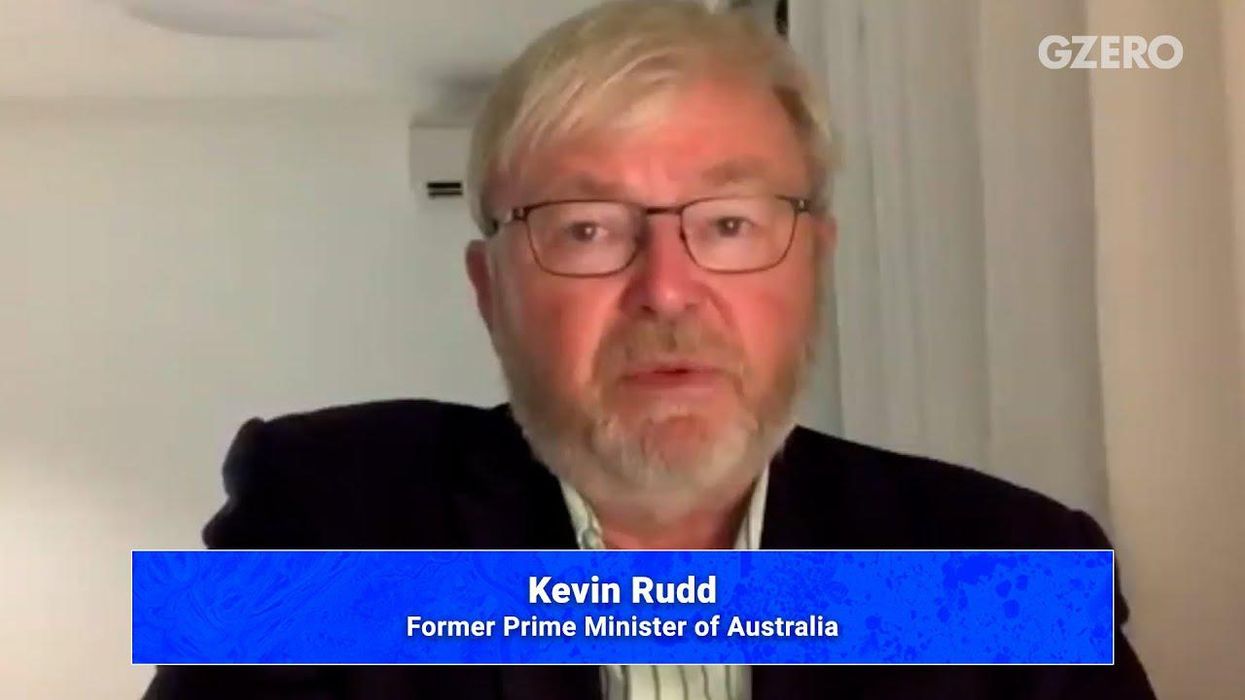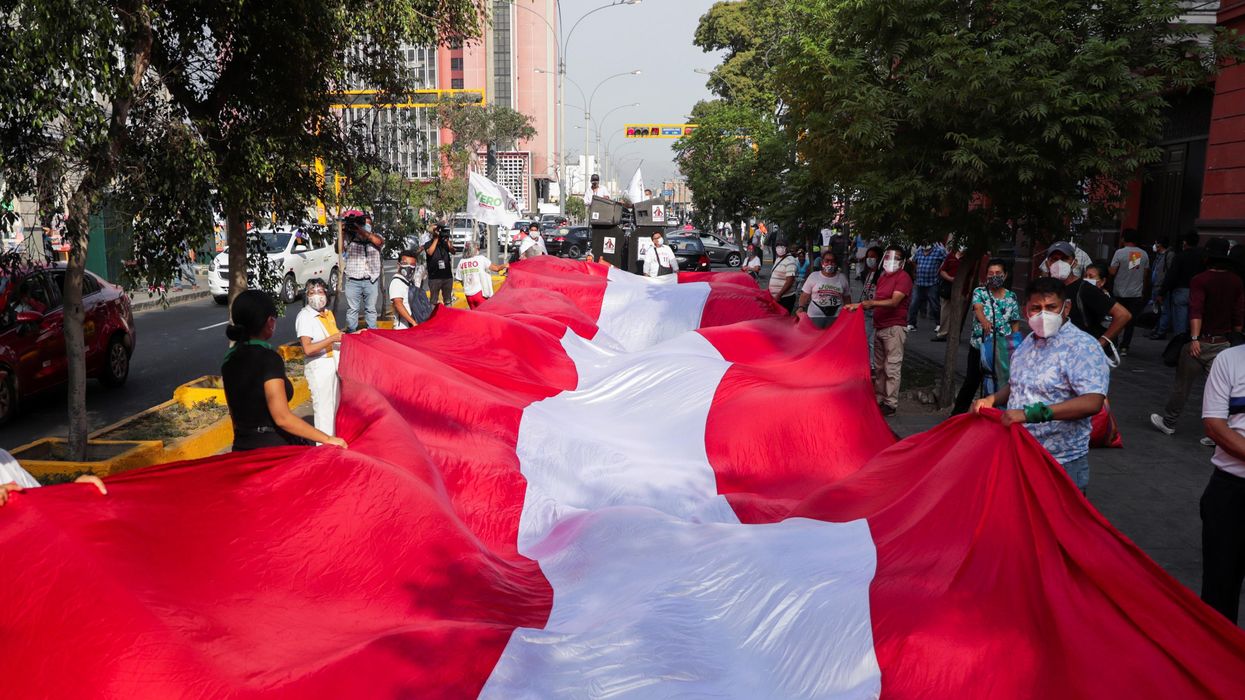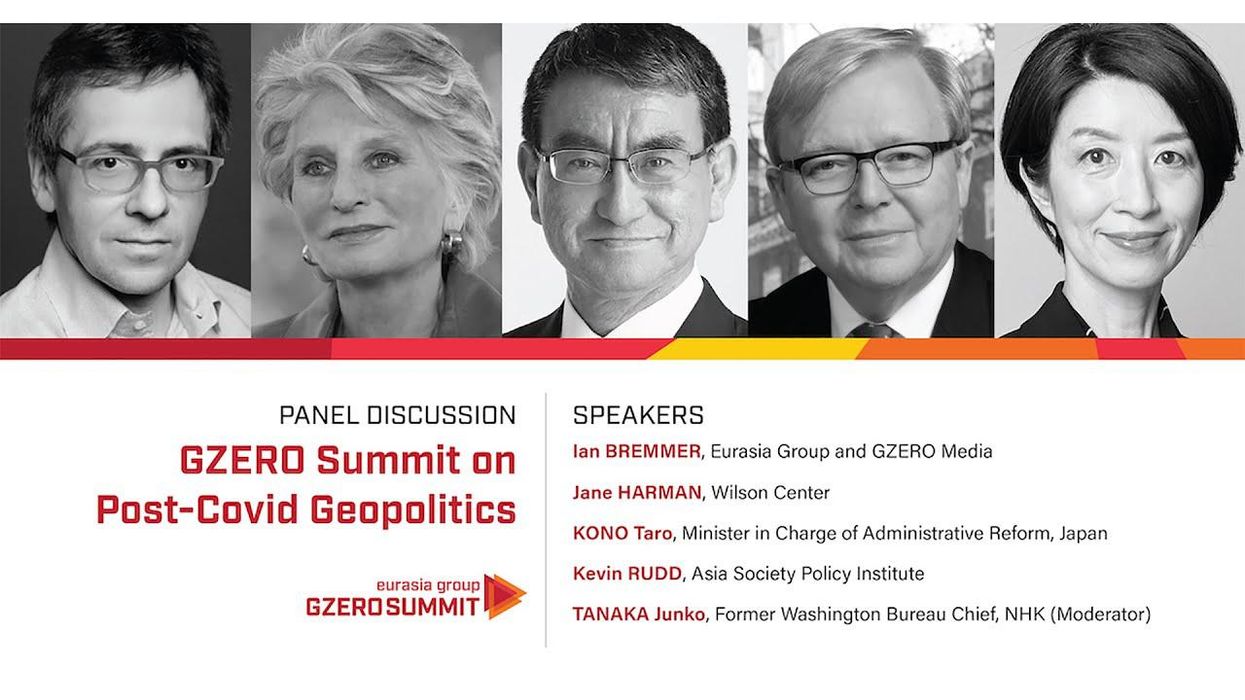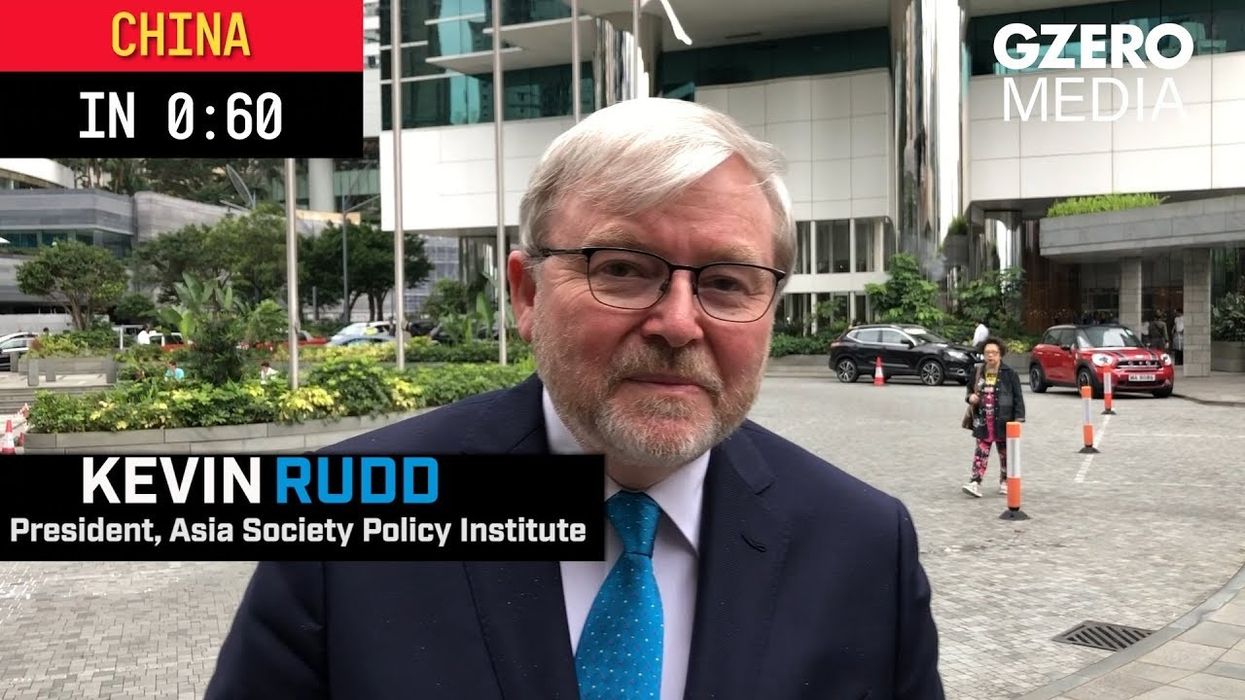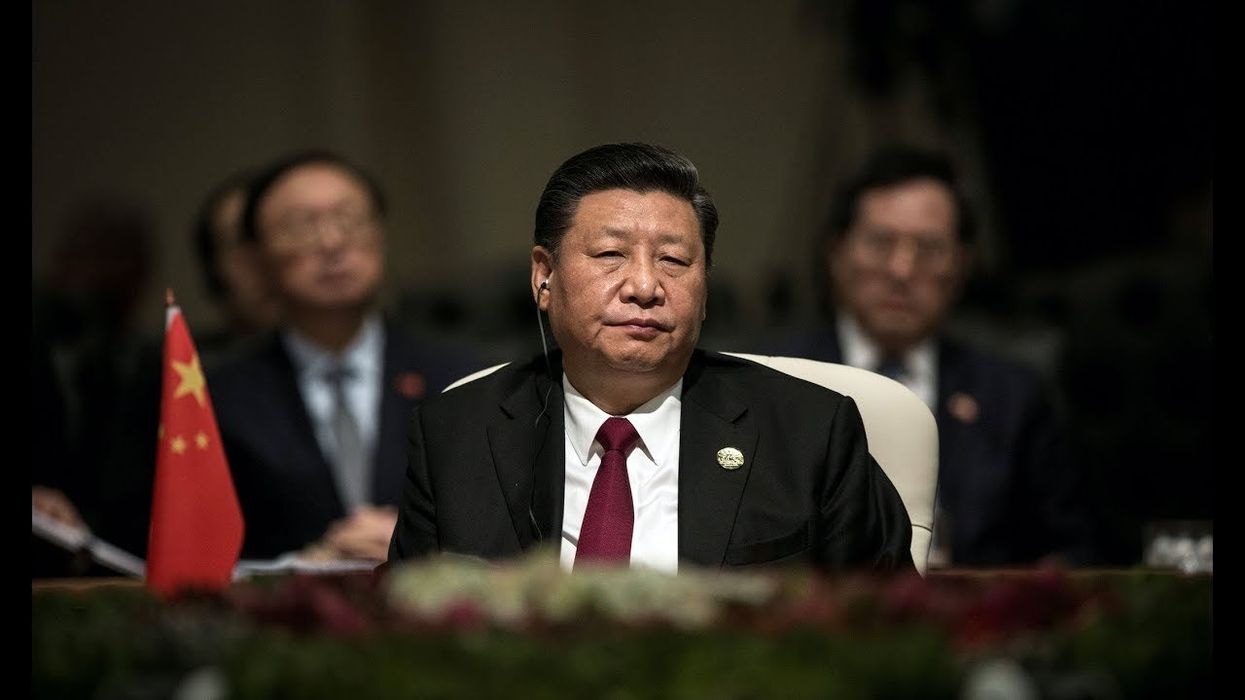Russia/Ukraine
Kevin Rudd: Nobody wanted Putin at the G-20 anyway
Australia’s former PM says nobody at the G-20 – neither the host, Indonesia, nor Russia’s friends, China and India – wanted President Vladimir Putin to attend the summit. By bowing out, Putin can’t detract from the main focus, which Rudd – president of the Asia Society – says is finding a way to stabilize the US-China relationship. When Presidents Joe Biden and Xi Jinping meet in Bali on Monday before the summit, Rudd says to watch for how the discussion formulates “guard rails” to stabilizing relations, which have been in “free fall” for three years.
Nov 11, 2022
